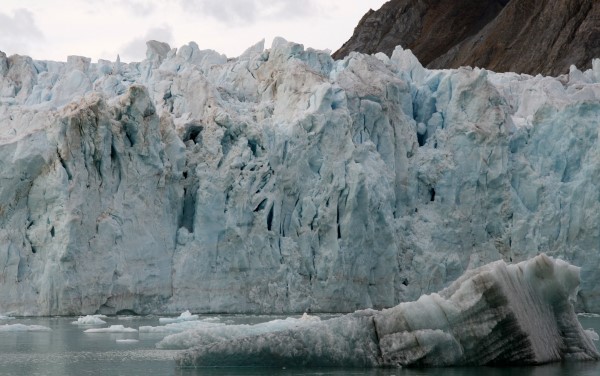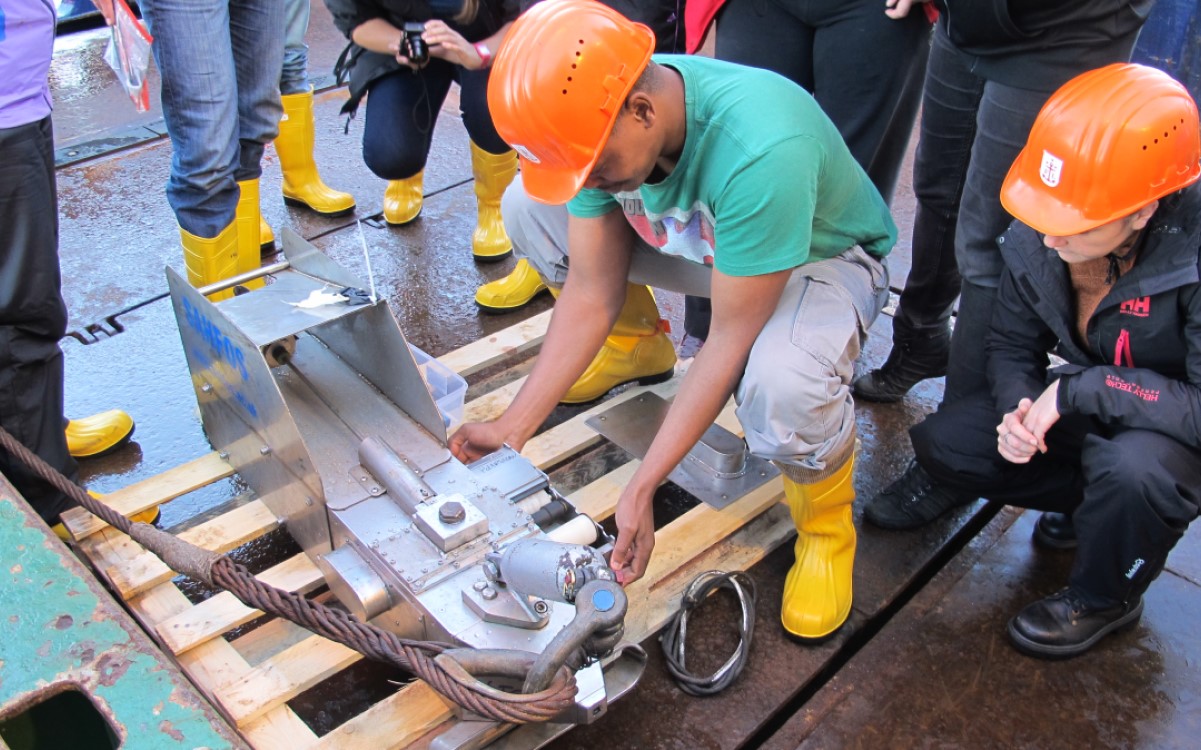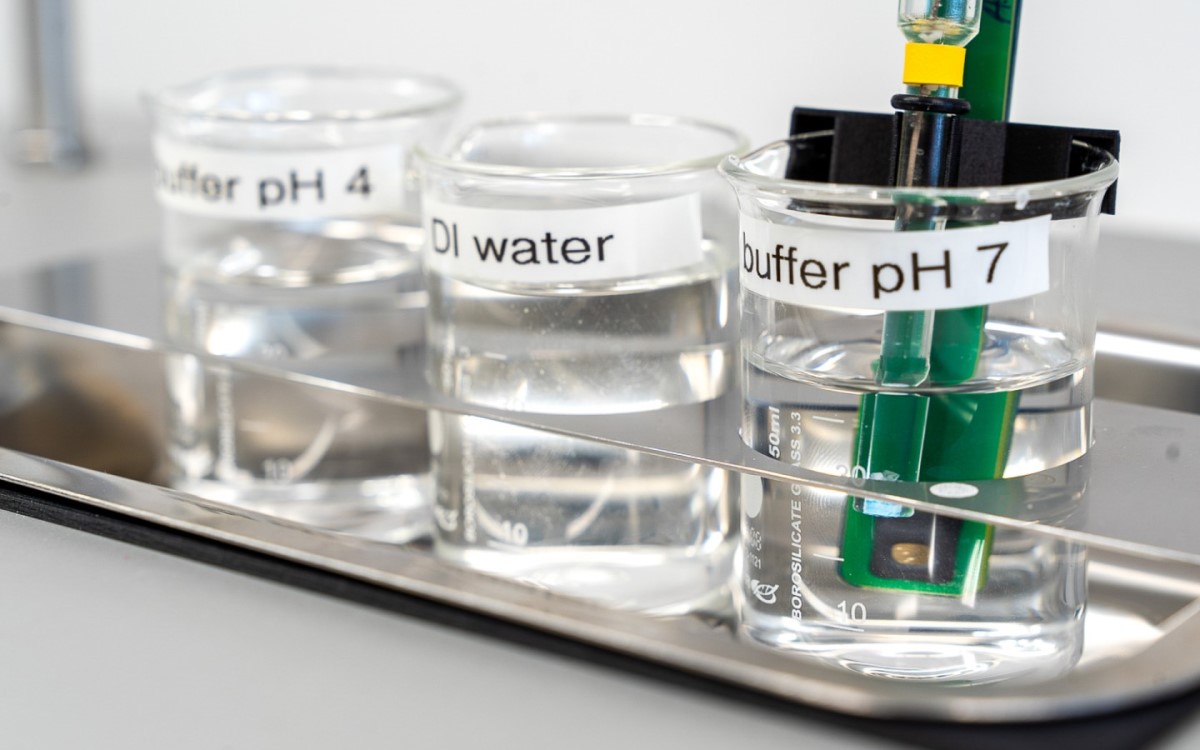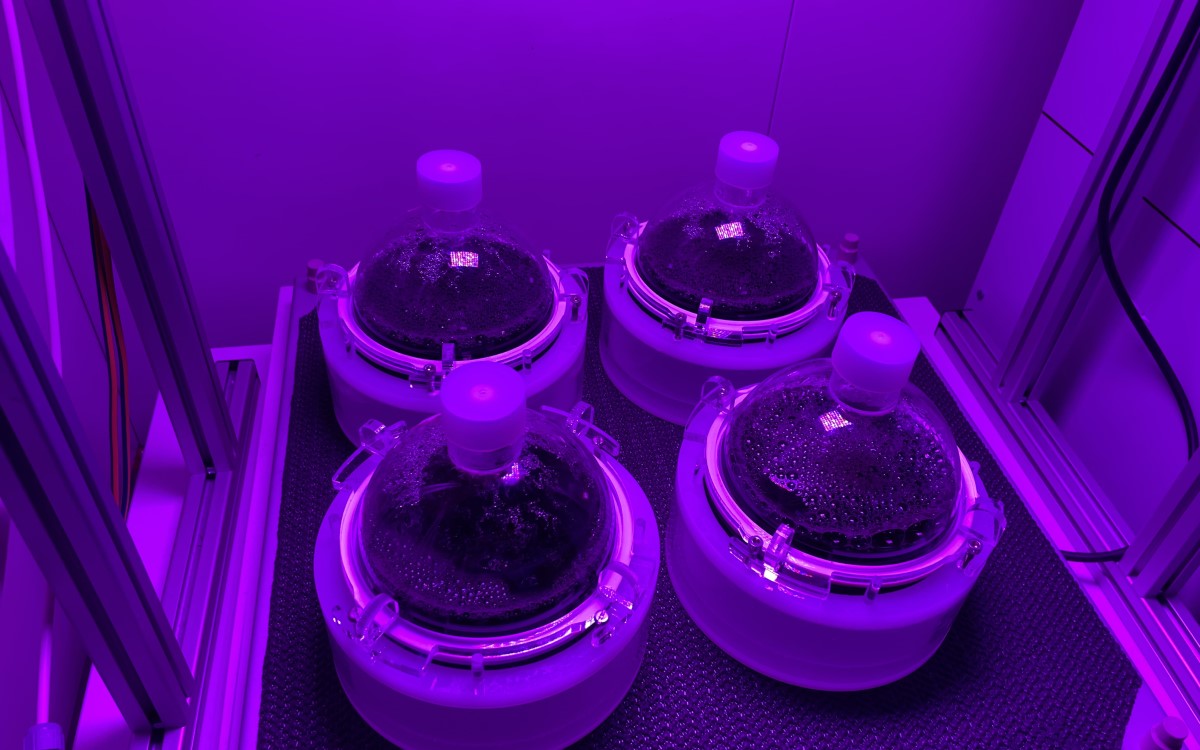January 9, 2023 | An international team of researchers including the Innsbruck glaciologist Fabien Maussion describes the fate of all glaciers worldwide depending on temperature scenarios between +1.5°C and +4°C with unprecedented accuracy. The world is currently heading towards +3°C, which would result in the loss of 75 percent of glaciers by 2100. The researchers appeal: Every tenth of a degree less counts to curb the melting.
The more than 215,000 glaciers worldwide have long been massively affected by the consequences of global warming due to the climate crisis. The increasing melt rates not only lead to an increase in natural hazards in the corresponding areas, but also to a rise in sea levels and to a threat to the water supply of around two billion people worldwide. In the latest report by the Intergovernmental Panel on Climate Change (IPCC), thousands of researchers pointed out the dramatic consequences of global warming – especially for glaciers now and in the near future.
“Unfortunately, we are on track for a +2.7°C temperature increase due to the current level of emissions. This would result in the disappearance of two thirds of all glaciers worldwide by 2100,” explains Fabien Maussion from the Institute for Atmospheric and Cryosphere Sciences at the University of Innsbruck, co-author of the study.
How this development will continue in the coming decades and what can still be saved has now been recalculated by the large climate research team led by David Rounce from Carnegie Mellon University in Pennsylvania. Glaciologist Maussion contributed projections of potential mountain glacier changes based on the Open Global Glacier Model OGGM, a glacier development model co-developed at the University of Innsbruck. This is the first open global model to simulate the evolution of all glaciers worldwide, and for this study it was combined with a model from Carnegie Mellon University.
“In principle, we have improved the methodology in this study because we have combined satellite observations and models and can therefore also take regional characteristics and dynamic development into account,” says Fabien Maussion.
Four scenarios for all glaciers
Since temperature scenarios are often used at the socio-political decision-making level, such as at the recent UN climate conference COP27, the climate researchers decided to calculate the consequences for glacier development based on four assumptions. The projections show the response to global temperature changes of +1.5°Celsius (C), +2°C, +3°C and +4°C by 2100 compared to pre-industrial levels for each individual glacier in the world. The results show a dramatic loss, but also large fluctuations in extent: between 26 and 41 percent of the total mass of the glaciers will be lost by the end of the century.
In the “best-case scenario” of +1.5°C, a quarter of the total mass and thus 50 percent of the glaciers would melt completely. According to the study, an increase in the global average temperature of +2.7°C, which must be assumed in view of the current agreements on emission reductions, would result in an almost complete deglaciation of entire regions in the middle latitudes with Central Europe, western Canada, the USA and New Zealand. This would result in a higher sea level rise than previously thought.
“Unfortunately, it’s already too late for many glaciers, but that doesn’t mean we can’t do anything more. Every reduction in greenhouse gas emissions and thus the move away from fossil fuels helps to save the remaining ice masses and limit sea level rise,” says Fabien Maussion.
Publication
Global glacier change in the 21st century: Every increase in temperature matters. David R. Rounce, Regine Hock, Fabien Maussion, Romain Hugonnet, William Kochtitzky, Matthias Huss, Etienne Berthier, Douglas Brinkerhoff, Loris Compagno, Luke Copland, Daniel Farinotti, Brian Menounos, Robert W. McNabb. Science, 6 January 2023 Vol 379 Issue 6627 DOI: 10.1126/science.abo1324







